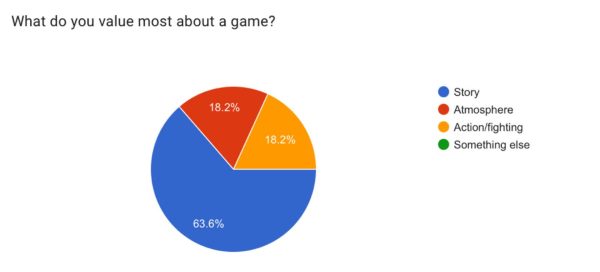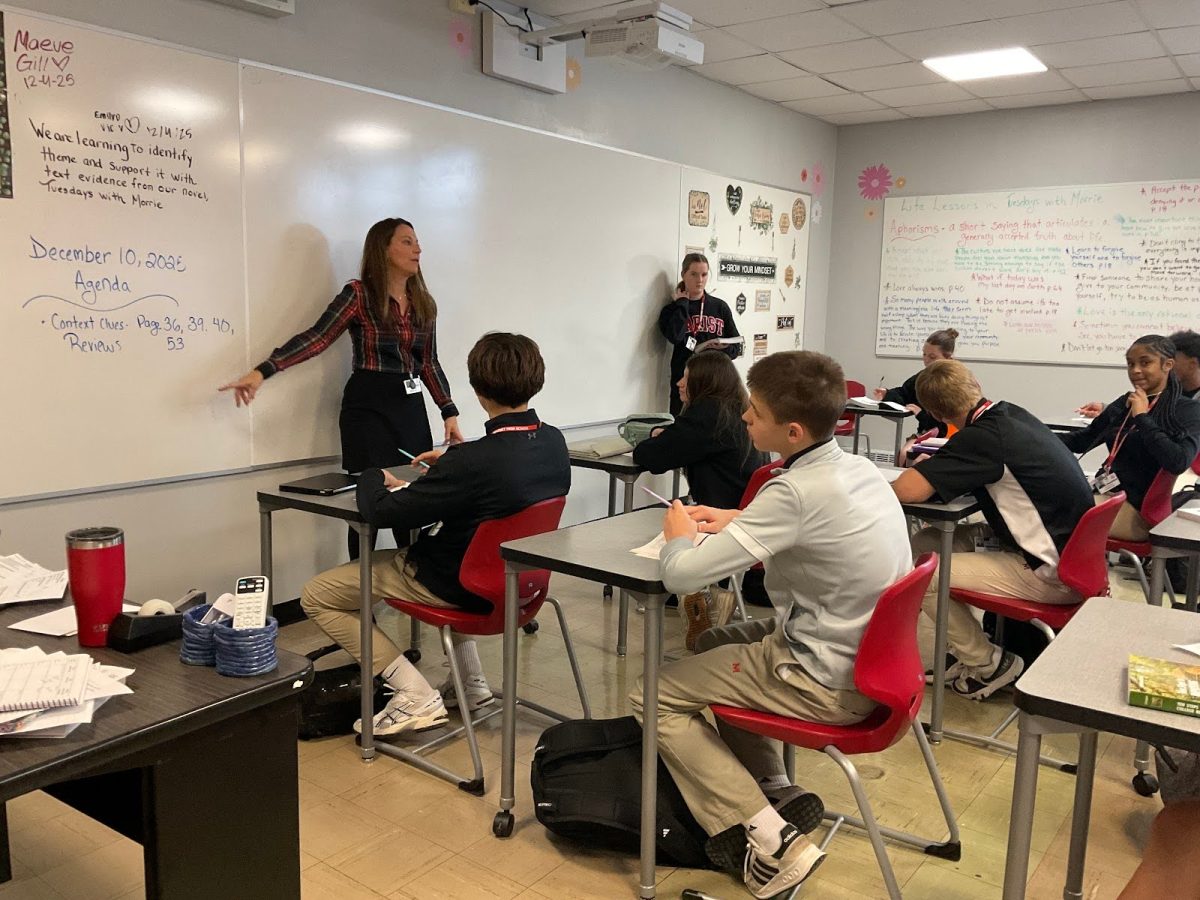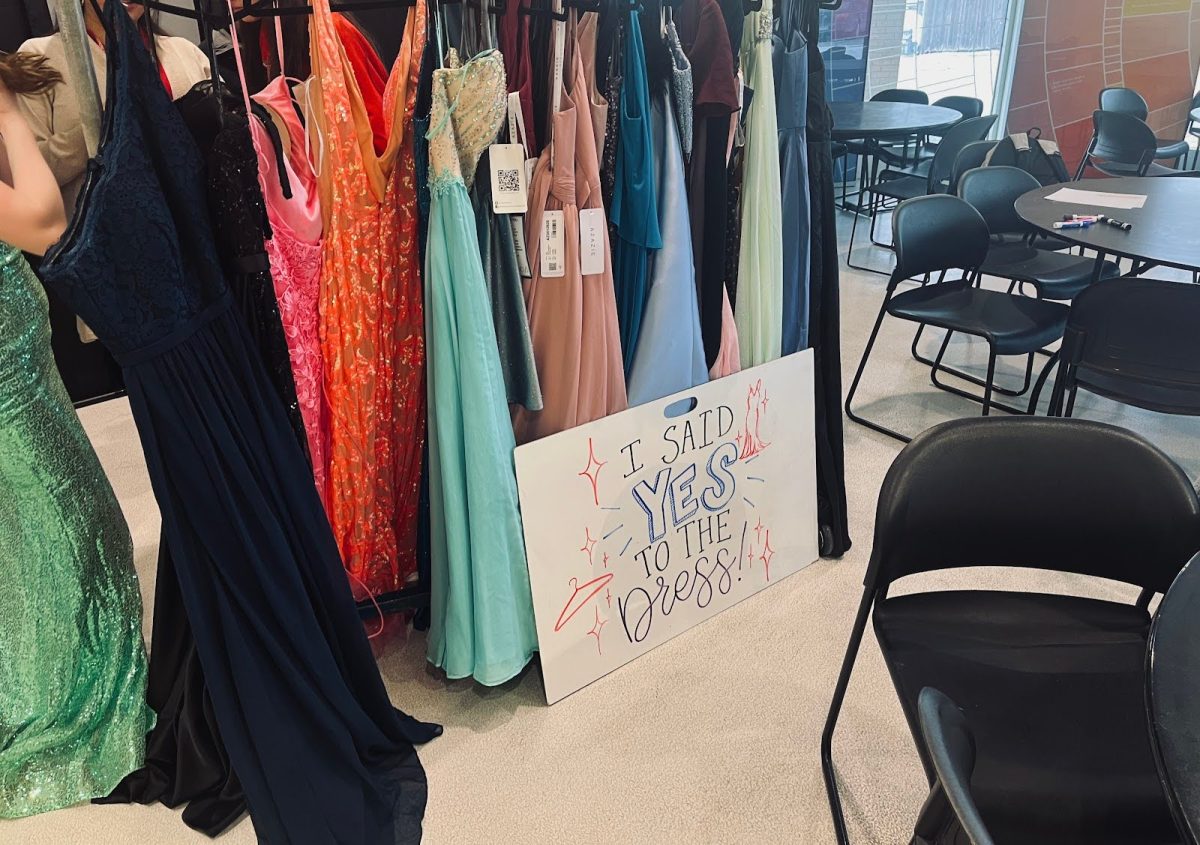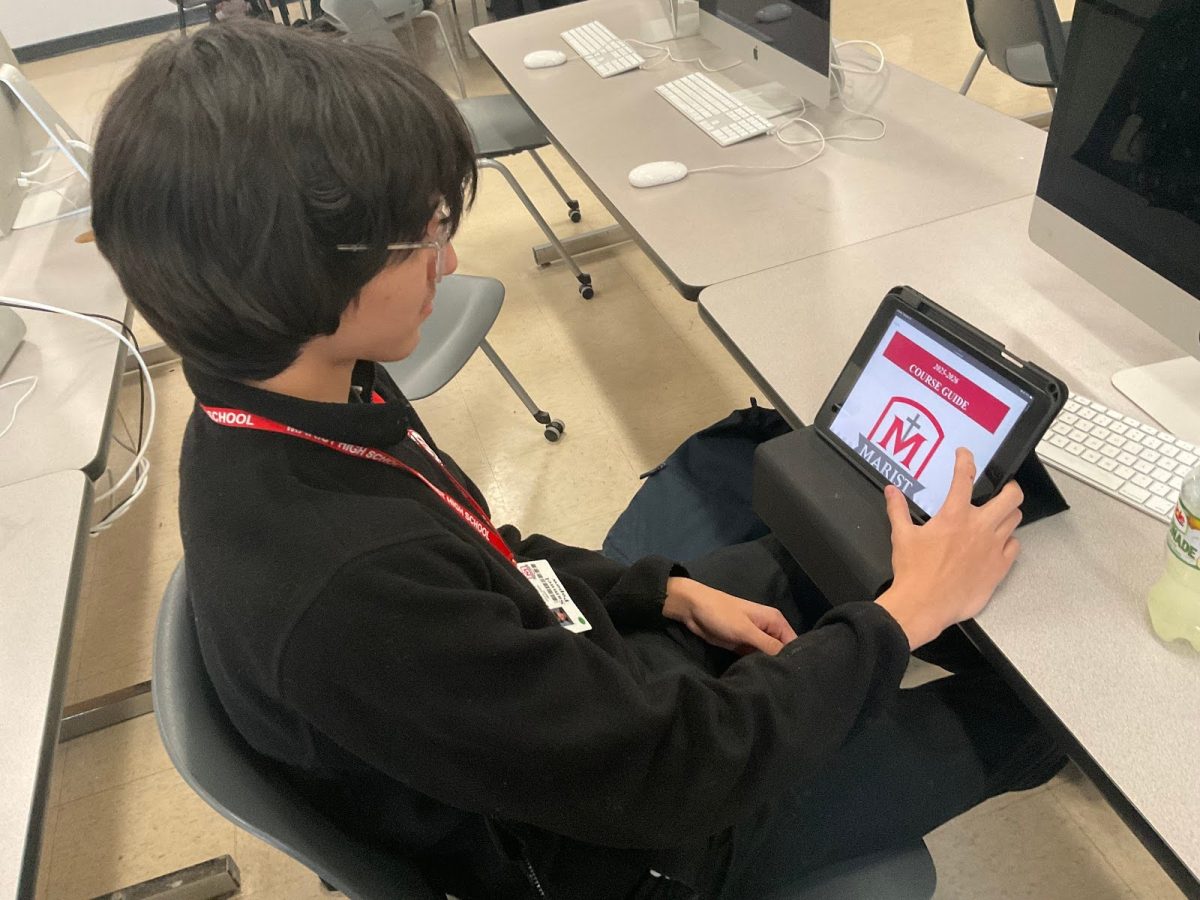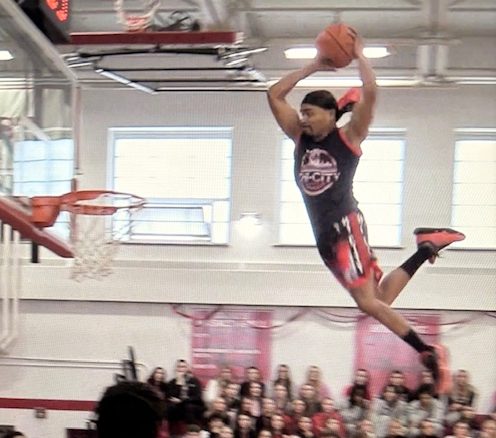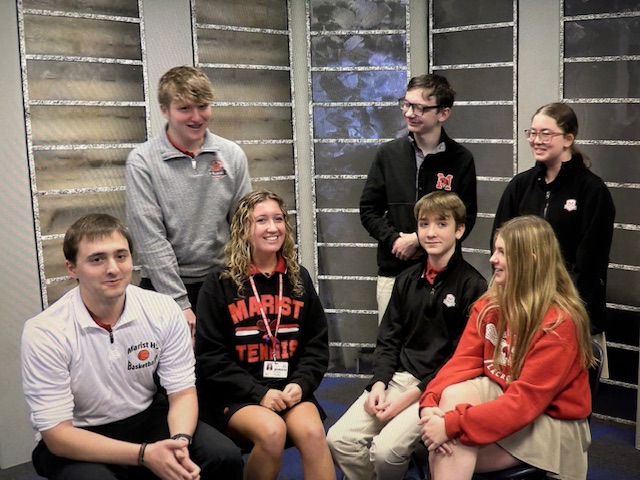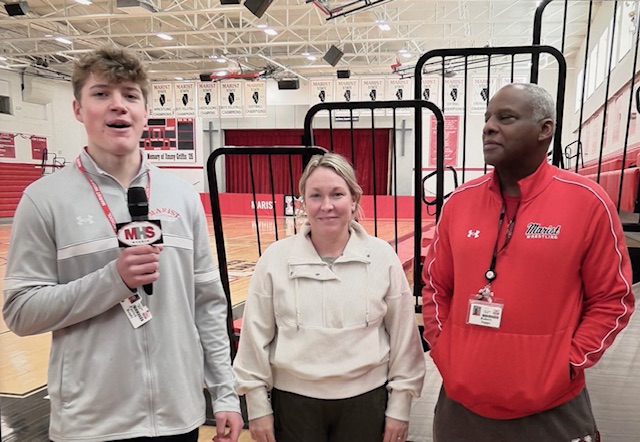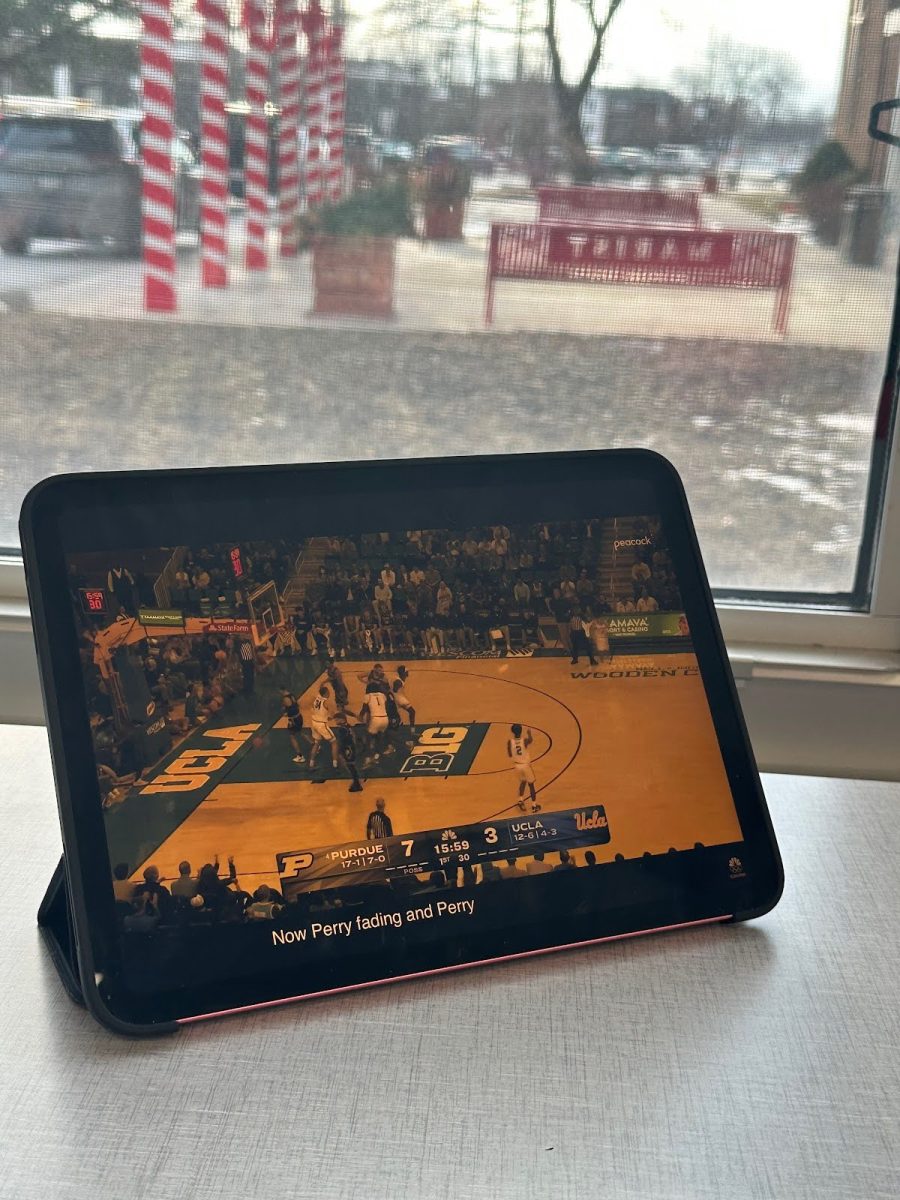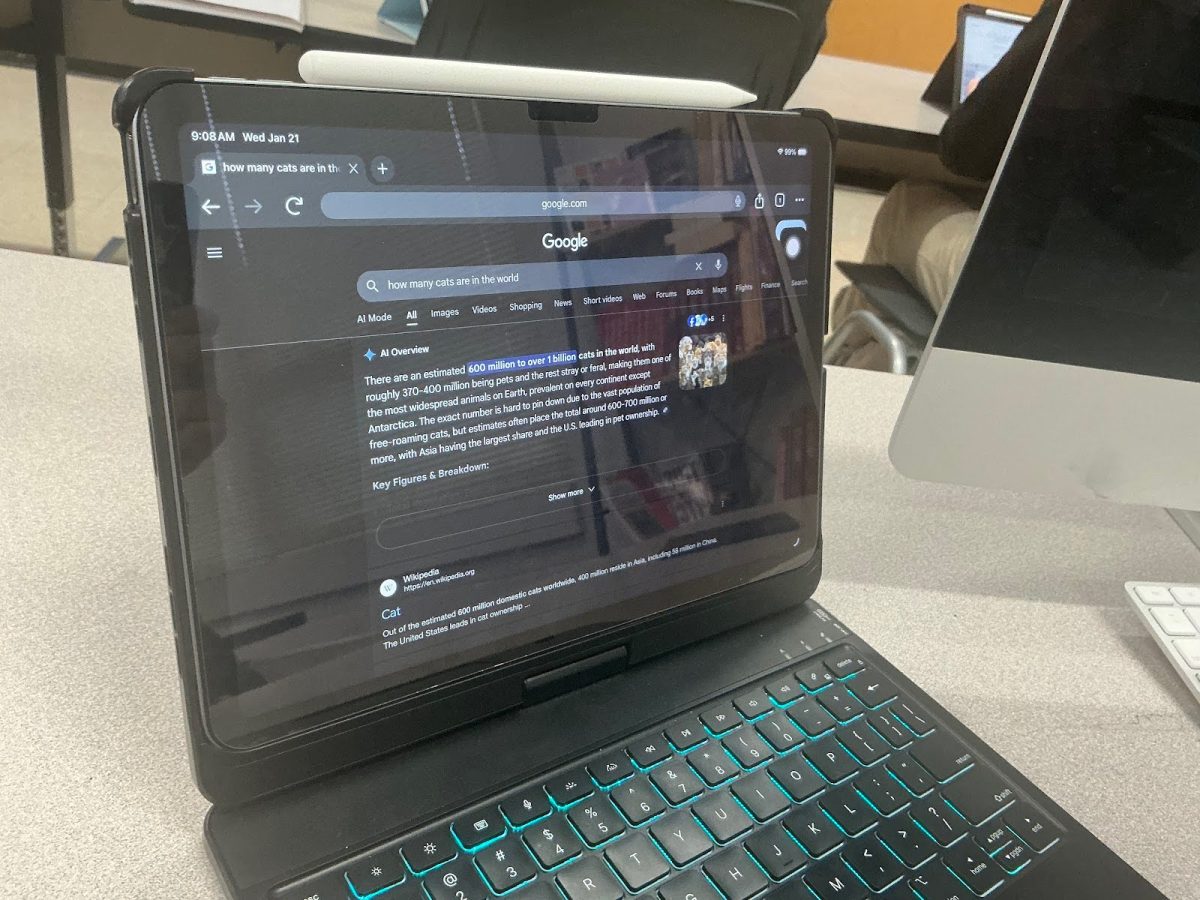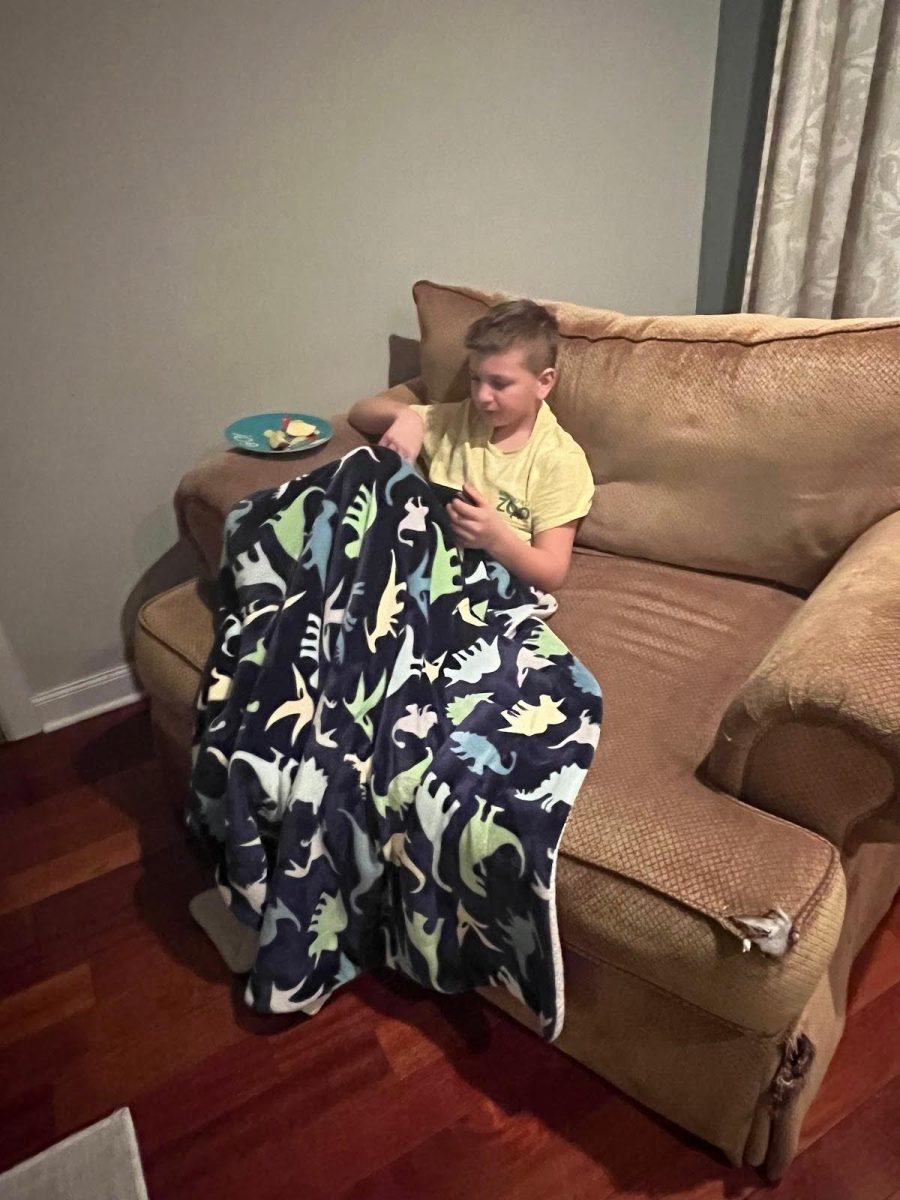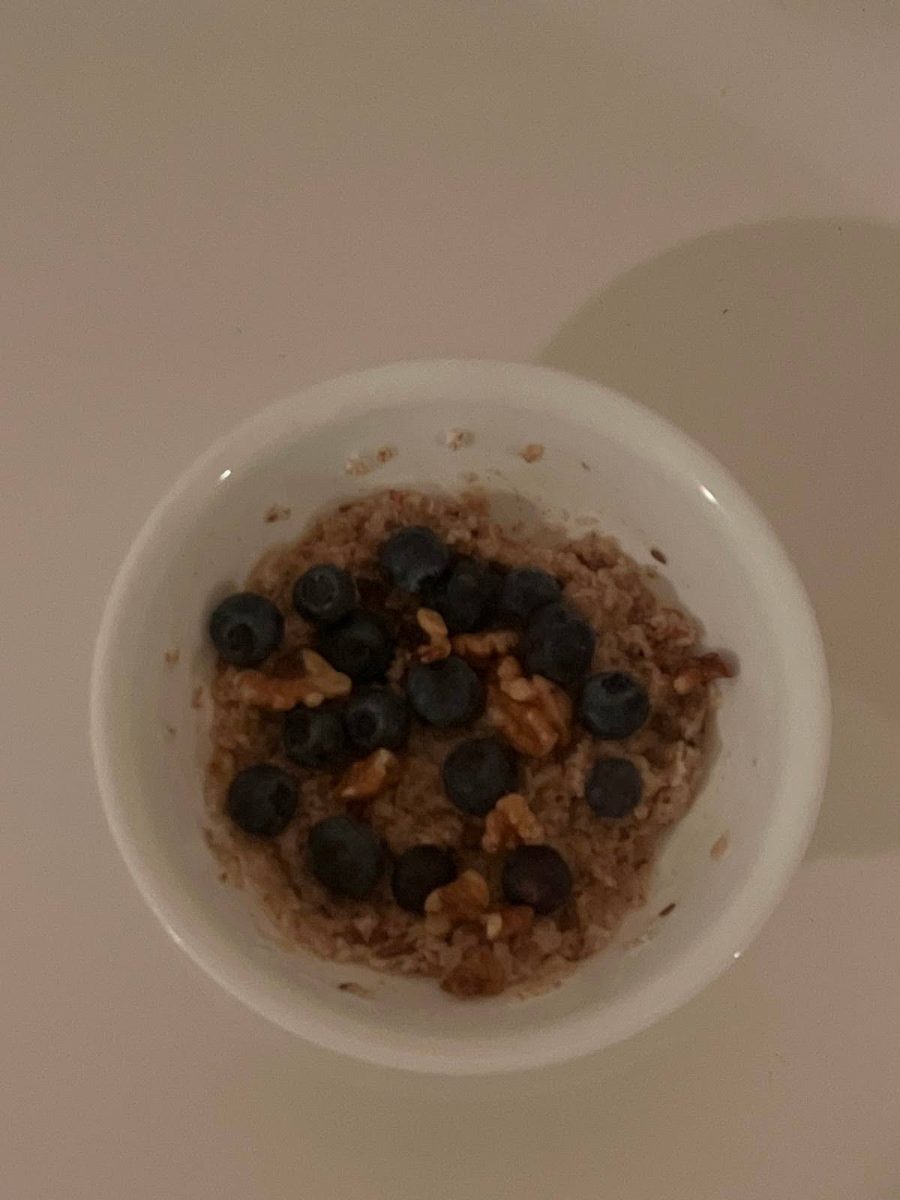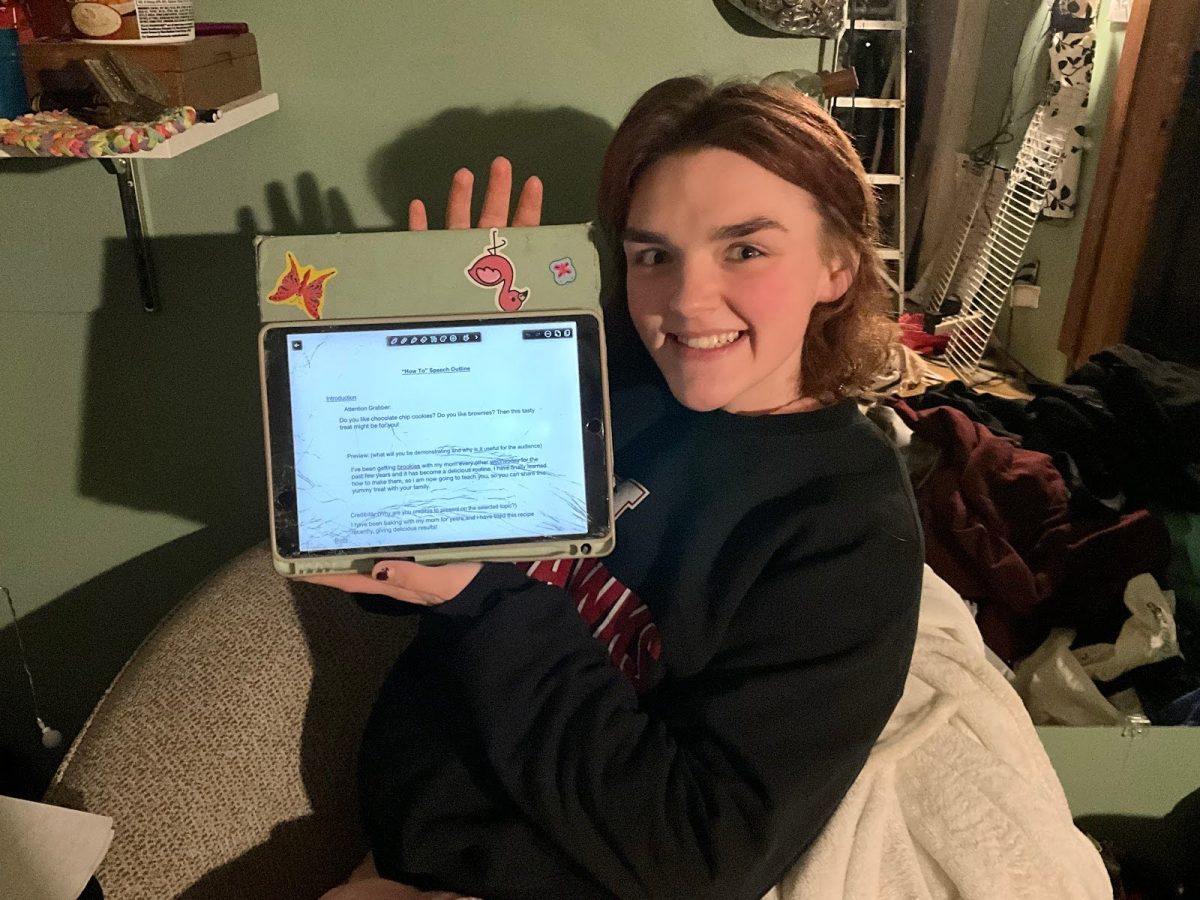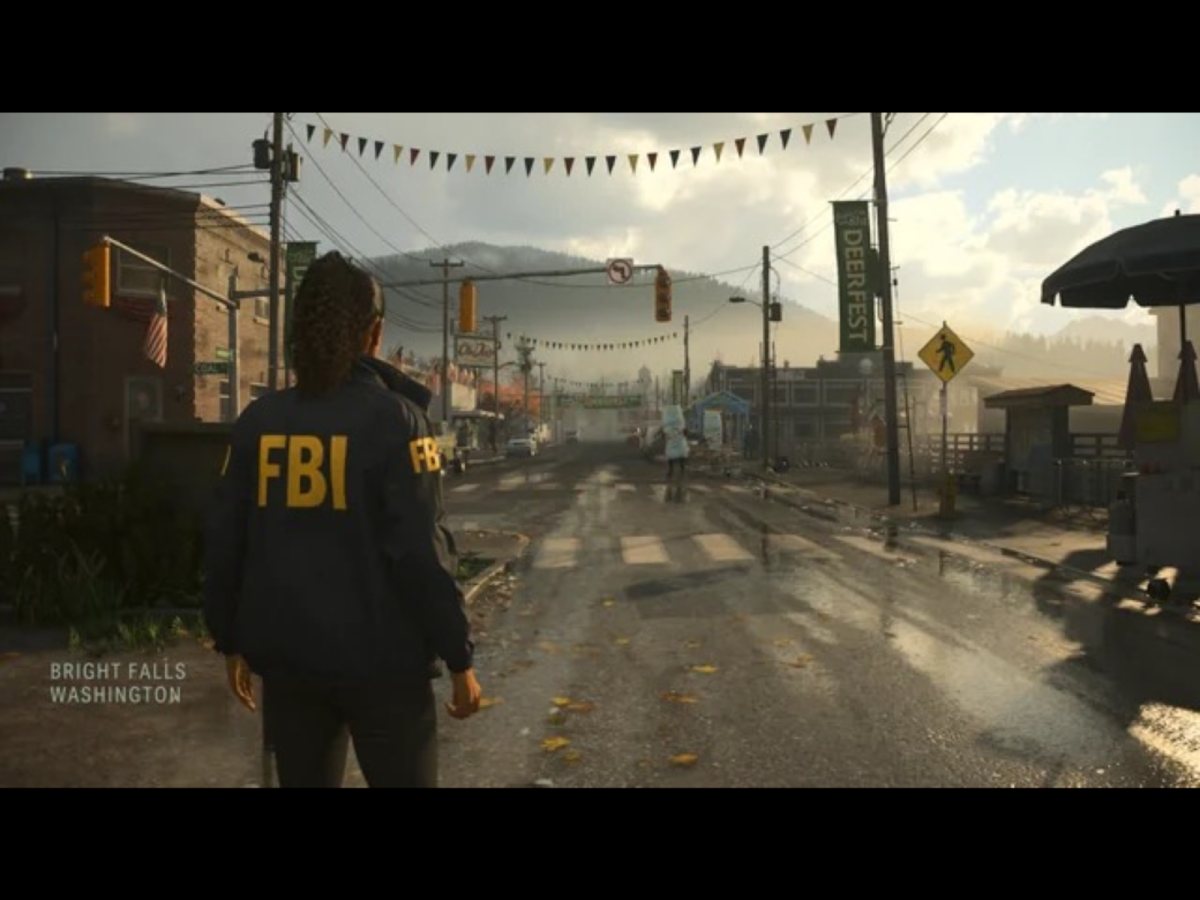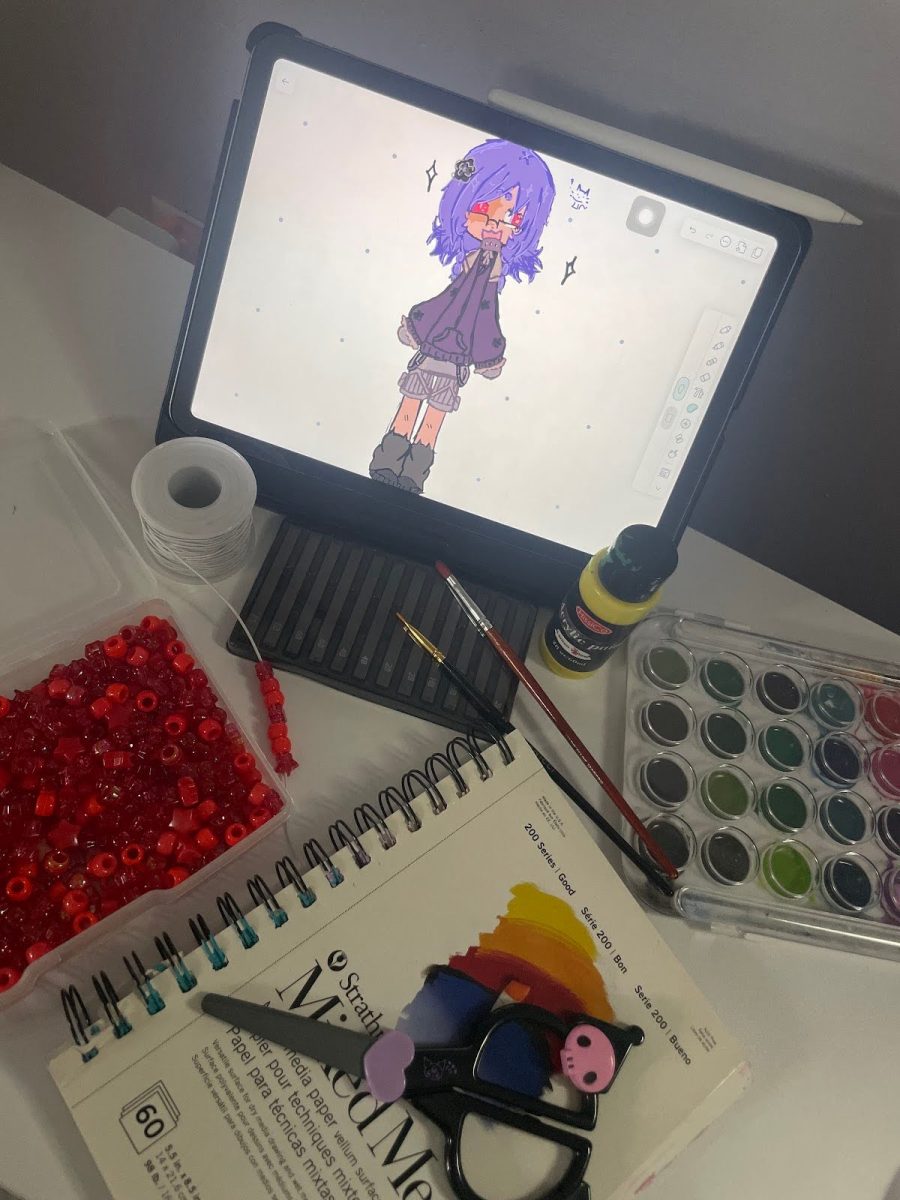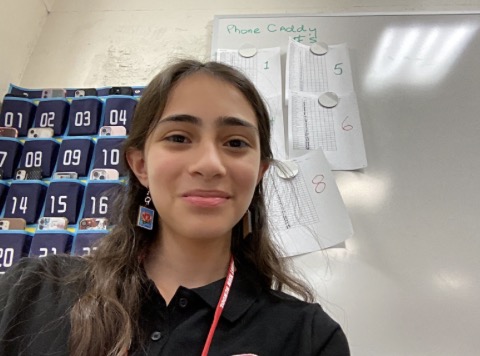Remedy’s latest video game, Alan Wake 2 blends the mediums of gaming, live action, music, and written word together in a celebration of art that has never been done before, and its narrative redefines what gaming can be.
Alan Wake 2 is the long awaited sequel to 2010’s Alan Wake. The original follows horror writer Alan Wake in the Twin Peaks-esque town of Bright Falls. It soon becomes clear that the town is not what it seems and that the dark itself is dangerous. When our hero’s wife is abducted by the darkness and his writing begins to come true, he must fight through all obstacles to rescue her. The game ends with him trapped in the Dark Place, an evil dream-like dimension hidden under the town’s lake.
For the next thirteen years, fans believed they would never hear from the writer again, until Remedy released Alan Wake 2 on October 27, 2023.
The opening chapters threw fans for a loop when the game featured a new hero, FBI agent Saga Anderson. The game switches between both Anderson and Wake in a story not restrained by traditional narrative structure.
The best part of the game is its narrative. Alan Wake 2 tells a powerful and compelling horror story. It gives players a satisfying ending while also leaving enough questions unanswered or up to interpretation.
The game weaves stories within stories and features a unique twist, by asking players to play through it twice to reach the true ending. In a game about spirals and loops, this feature really makes the game more enjoyable because players can finally understand and interpret confusing moments from their first playthrough.
I loved that the action moved the narrative forward, not the other way around. Every fight felt like it was part of the story. Each enemy attempted to stop me from completing my mission and added to the atmosphere.
In particular, a bone-chilling boss fight in a nursing home felt like being trapped in a horror story with no escape.
The game made a bold move by not having a final boss. Instead, the main characters make their final stand in an epic fight, only to discover another hour of gameplay remaining, which is largely story based.
However, nowhere is the game’s artistic merit more on display than through the music.
Remedy is known for incredible integration of music into their games, which often culminate in an epic battle, while the in-game band, Old Gods of Asgard blasts triumphantly in the background.
In Alan Wake 2, Remedy delivers just that by staging a final fight between Saga and the Darkness while the band performs a new song, “Dark Ocean Summoning, but the real standout was a 23 minute interactive musical theater number called, “Herald of Darkness.”
That section of the game allows the player to experience a perfectly strange and spectacular rock opera in which the player must fight, switch realities, and relive Alan’s story in an epic musical experience.
Watching an entire musical sequence, complete with choreography, visuals, and audio was incredible in itself, but actually being a part of it might be my favorite gaming experience ever.
The graphics are also stunning. The developers created the perfect atmosphere. In the Dark Place, neon signs ominously light the buildings and paths, while flickering street lights offer you no safety. In the woods, light streams through the trees so realistically it looks like a photo.
MHS Media surveyed 30 people in the Marist community, and only 35% of people polled had played Alan Wake 2.
According to the same survey 62% value narrative most in gaming. I believe that Alan Wake 2 can fulfill these people’s craving for great narrative games.
The narrative requires players to think, and plays with our connection to the story. It is filled with as many heartbreaking and terrifying moments as it was cathartic and epic ones.
The characters all felt three dimensional, and the villain was perfectly terrifying.
I don’t usually enjoy the horror genre, but this game incorporated it so well I couldn’t complain.
Given that only 35% of surveyed games have played Alan Wake 2, I believe that if more players gave it a chance, they would enjoy it more than they may think, especially considering that 62% of people claim to value narrative most in their games.
